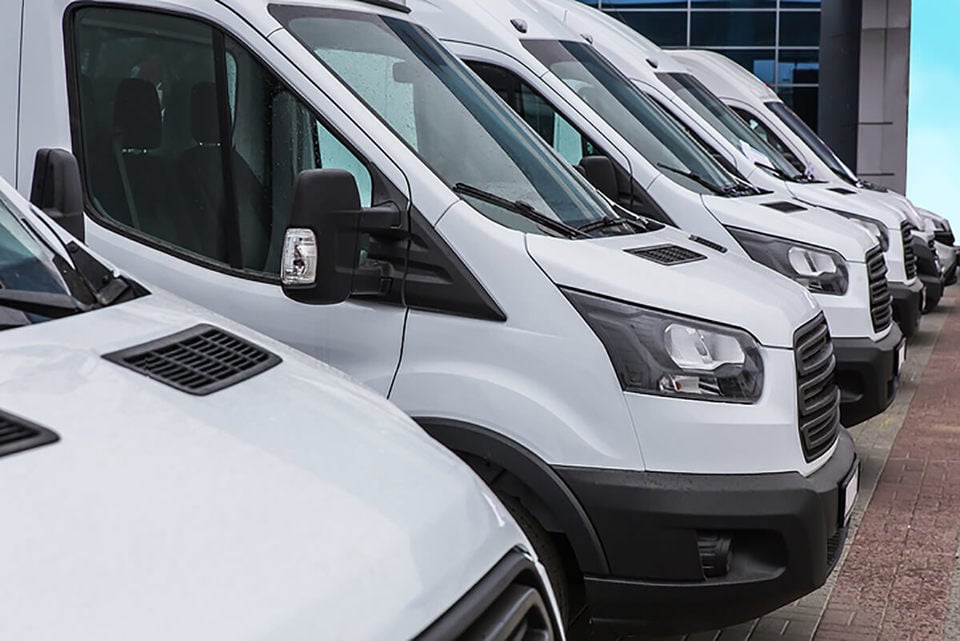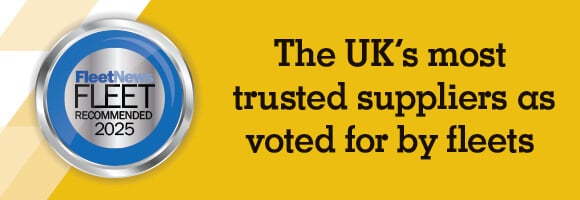The Government is looking at how it can further remove the burden of additional regulations governing the use of heavy electric vans.
The Department for Transport (DfT) introduced a series of changes in October for the operation of 4.25-tonne zero-emission vans following a Government consultation.
They included the removal the additional five-hour training requirement for drivers.
However, fleets have been calling for progress on a range of other issues that are slowing and even preventing 4.25t electric van adoption, according to the Association of Fleet Professionals (AFP).
Lizzie Culwick, joint head of the Office for Zero Emission Vehicles (OZEV), said: “We are continuing to work with our colleagues across DfT to make sure that principle of not being penalised just because you're driving a zero-emission vehicle that has a slightly heavier weight doesn’t become a barrier.”
An electric van weighing more than 3.5t, for example, is still classed as an HGV and as such requires an MOT test after 12 months.
It is also speed restricted, while tachograph regulations come into effect if the vehicle travels more than 100kms from base.
There are further layers of complication. For fleets operating in Northern Ireland, the 4.25t exemptions stop at the border for those travelling from the north into the south and the vehicle needs to be covered by an international O licence.
Culwick, who was appearing on the most recent Fleets in Charge webinar, run by the British Vehicle Rental and Leasing Association (BVRLA), suggested further changes could be forthcoming.
For example, she said that the Government is currently considering its formal response to the MOT consultation, which closed in February, that could provide include changes to the requirements for 4.25t electric vans.
She added: “We are also working with our colleagues on driving hours, speed limiters and tachographs to make sure we can try and have consistency, where it is safe to do so, across all of those different types of regulation.
“We’re keen to ensure that consistency wherever possible.”
Current UK rules, first introduced in 2018, provide flexibility for standard (category B) licence holders to drive alternative fuel goods vans with a weight of up to 4.25t, above the standard 3.5t entitlement.
Above this weight, a driver normally requires a category C or C1 licence. This involves additional costs for the user, including further training and testing, medical examinations and a driver certificate of professional competence (DCPC) if the vehicle is intended to be driven for commercial use.
In responding to a consultation on the driving licence flexibility, which closed in October, last year, the Government said it had further “optimised” the rules. Fleets will be hoping that the Government will announce further changes to address remaining concerns.
Culwick said: “Decarbonisation of vans is really crucial to our efforts to decarbonise our road transport system and reach net zero by 2050.
“In 2021, vans alone accounted for about 16% of the UK’s domestic transport emissions. That’s a huge opportunity for vans to become the road to zero hero, but we also need to recognise that van decarbonisation faces a particular set of challenges.”
A panel of experts on the BVRLA webinar, including representatives from Allstar, EV Essentials, Mitie, and ProGreen, explored the practicalities of the transition and what it means for fleet operators today.
They established that, while progress towards zero-emission vans continues, its exceptional potential is yet to be unlocked through support being deployed in the right areas.
Michelle Miles, head of ProGreen, said: “We need to be practical. We need to be open minded. We need to collaborate and not set ourselves up for failure. The biggest thing? We need to be brave, because out of all our customers to have made the transition, not one has looked back.”
Toby Poston, BVRLA director of corporate affairs, added: “Vans need targeted support. This is a topic on which the BVRLA has been a firm and consistent flagbearer.
“We led the way with our Van Plan in 2021 and will be publishing an all-new plan in 2024. That sees us collaborating with other trade associations, CV experts and decarbonisation leaders, creating a fully rounded, actionable plan.”
The ‘Vans: Becoming the road to zero hero’ webinar is free to access via the BVRLA website now. More details of the 2024 campaign and launch of the Van Plan will be shared in due course.




















Login to comment
Comments
No comments have been made yet.